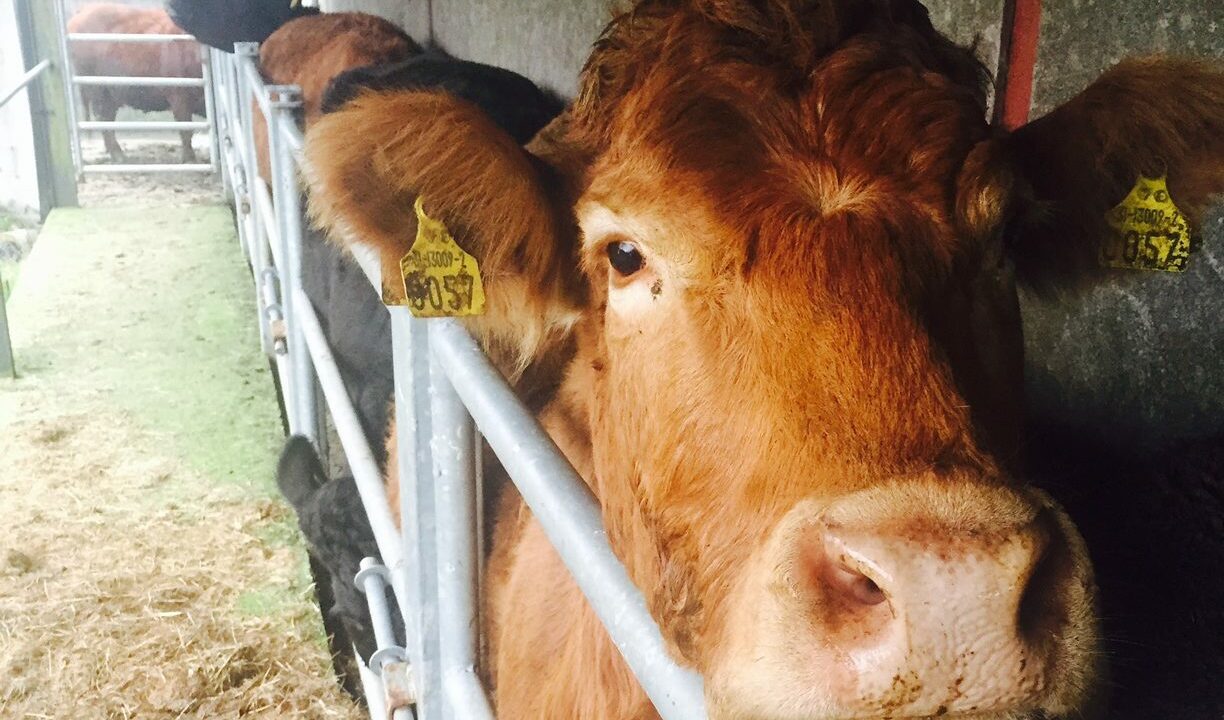The inclusion of a requirement to test for infectious bovine rhinotracheitis (IBR) in the new National Beef Welfare Scheme (NBWS) is a “breach of trust”, the Irish Farmers’ Association (IFA) has claimed.
TJ Maher, the IFA’s animal health chairperson, said that the inclusion of the requirement was done “without adequate consultation” on the part of the Department of Agriculture, Food and the Marine.
Speaking this morning (Friday, August 11), Maher said: “The IFA has consistently advocated for a collaborative approach among all stakeholders, including the department and Animal Health Ireland [AHI], to address critical issues affecting animal health in Ireland.
“The inclusion of IBR testing in the National Beef Welfare Scheme and the lack of consideration for farmers’ concerns is the direct opposite of that.”
The IFA claimed that the payment to farmers for this action – €15/animal up to 20 animals – is “effectively a payment to service providers instead of farmers”.
Maher also said he was disappointed by the fact that AHI has publicly supported the inclusion of the IBR testing measure, claiming this support is “directly at odds” with the views of AHI’s stakeholders, which includes the IFA and a number of other farm organisations.
“AHI’s public commentary welcoming the inclusion of the IBR testing measure, despite our open rejection of it, is deeply disappointing. We are seeking clarity on how they arrived at a position that directly contradicts the concerns raised by farmers,” the IFA animal health chair said.
“The inclusion of this measure in the scheme also fundamentally undermines the agreed approach of all stakeholders, including the department, in relation to how non-statutory diseases would be dealt with in this country.”
The IFA said it is seeking a meeting with AHI to “raise the concerns of farmers in relation to the issue”.
“Credibility with farmers is vital for the success of all AHI Animal Health programmes,” Maher commented.
He added: “Farmers’ concerns must always be taken into account in relation to any animal health initiatives and it’s very disappointing that these were forgotten by both [the department] and AHI in relation to the inclusion of the IBR testing requirement.”
AHI said last week that the inclusion of the testing requirement in the new scheme would be “beneficial”.
Its CEO, Dr. David Graham, said: “IBR is an important disease that is widespread in Irish beef and dairy herds, reducing efficiency of production and having a negative impact on their economic, environmental and social sustainability.”
Dr. Michael Gunn, who chairs AHI’s technical working group (TWG) on IBR, said that the testing measure in the scheme is aligned to the TWG’s recommendations for a strategic approach to IBR control.
